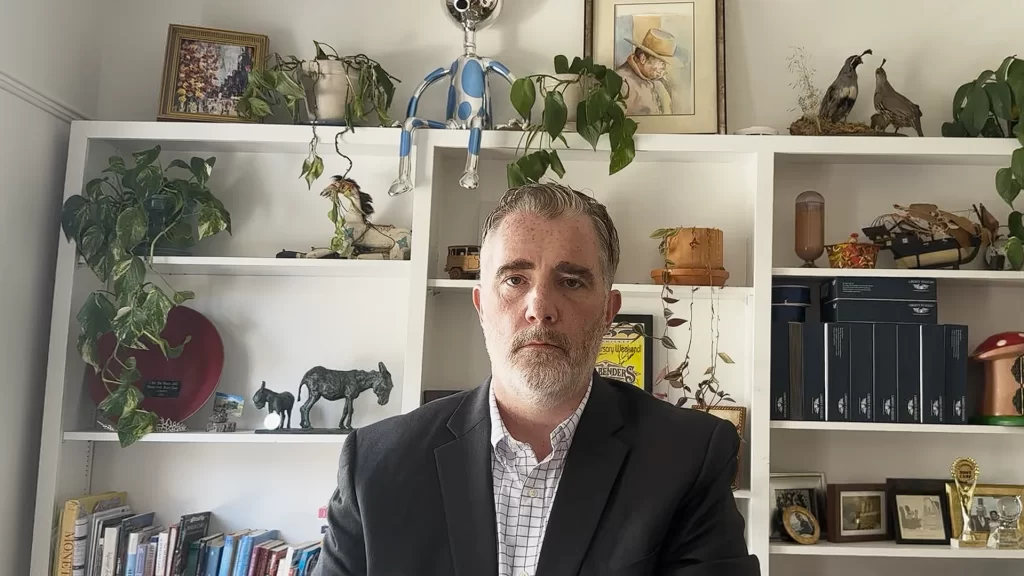When someone buys a home, they usually need to secure a mortgage to finance the purchase of the property. Mortgages are a significant financial commitment. It’s indispensable for buyers to understand the intricacies of this arrangement, including knowing who holds their mortgage.
Mortgage ownership is a complex topic. However, it is necessary for the mortgage holder to understand this because he has significant control over the loan. This article aims to present a simplified discussion of the concept of mortgage ownership and the various entities that can hold a mortgage.
Who Owns the Mortgage Money?
When a person applies for a mortgage, the funds are released by a lender. These lenders are usually financial institutions such as banks, credit unions, or mortgage companies. However, there are instances when the lender who initially provides the money may not be the ultimate mortgage holder.
In the mortgage industry, it’s common for lenders to sell mortgages to other companies. This concept is known as the secondary mortgage market. Lenders do this to reduce their financial risk and free up capital to make more loans. Even though one may have borrowed money from a lender, there’s a possibility that the mortgage would be sold to another party.
When a mortgage is sold, the original lender receives the money. This is essentially the purchase price of the mortgage. In exchange, the new mortgage holder will acquire rights to collect the loan and other rights as the new lender, including the right to the interest paid on the loan.
How Do I Know Who Holds My Mortgage?
Now that we’ve established the possibility of a mortgage being sold, the next course of action is determining who the current mortgage holder is. Here are a few steps that can help with this:
1. Check Loan Documentation
The first thing one should do is review loan documentation. When a mortgage is sold, a notice from the original lender will be sent informing one about the transfer. This notice is required by law and is known as the “goodbye letter.” It will provide details about the sale and instructions on where to send future payments.
Dust off that mortgage folder and start digging for loan documents. Look for any correspondence from the lender regarding the transfer of the mortgage. These letters will kickstart the process of finding the current mortgage holder.
2. Contact the Original Lender
If there is no goodbye letter or any information about the mortgage transfer, reach out to the original lender. They have a legal obligation to inform the borrower about any changes in the status of the loan. Give them a call or send an email to inquire about the current mortgage holder.
When contacting the original lender, one has to be prepared to provide the complete loan details, such as the loan number and the date when the loan was closed. Having this information on hand will help them locate the mortgage file more quickly.
3. Make Use of the MERS Website
In some cases, the mortgage may be registered with the Mortgage Electronic Registration System (MERS). It’s an online database that tracks changes in mortgage ownership. One can use their website to find information about the current mortgage holder.
Once on their website, you should be able to access a page regarding mortgage servicer information. Using the search feature on the page, enter the loan details as instructed, and if all goes well, the details of the mortgage, including the name of the current mortgage holder, will be provided.
4. Conduct a Public Records Search
If the first three steps didn’t yield the desired results, it’s time to put on a detective hat. Move on to the next option, which is to conduct a public records search. When mortgages are sold, they are often recorded in the county or city land records where your property is located.
Visit the county clerk, city clerk, or recorder’s office website and look for the section that deals with land records or property transactions. Once in the right place, you will need to search for your mortgage using either your name or the property address.
The process and accessibility of public records can vary depending on the jurisdiction. In some areas, these documents may be available online, while in others, individuals may need to visit the office in person. It’s advisable to check if there is an online search option available to potentially save a trip to the office.
5. Seek the Assistance of a Mortgage Professional
If you’ve reached this step without finding the answer to “who holds my mortgage,” don’t lose hope just yet. There’s one more strategy you can try, and that is to seek the assistance of a mortgage professional.
Mortgage brokers and loan officers are well-versed in the mortgage industry, and they have access to resources that can help track down the current mortgage holder. It’s worth noting that some mortgage professionals charge a fee for this service, so be sure to clarify any costs upfront.
In rare cases where the ownership of your mortgage is particularly challenging to determine, a mortgage professional might recommend refinancing your loan. This can bring your mortgage into the primary market, where it’s more likely to stay with the original lender. However, refinancing is a significant financial decision, so carefully consider the costs and benefits before going down this path.
The Bottom Line
When you’re a homeowner with a mortgage, it’s crucial to understand the dynamics of mortgage ownership. While your lender provides the initial funds, your mortgage could be sold to another party, making them the new mortgage holder.
Finding out who holds your mortgage may require some effort on your part, but it’s not an impossible task. By reviewing your loan documentation, contacting your original lender, and using resources like the MERS website and public records, you can uncover the identity of your mortgage holder.
Remember, knowledge is power in the world of mortgages. The more you know about who holds your mortgage, the better prepared you’ll be to navigate any future changes or payment inquiries that may come your way.
Discover the Joy of Homeownership With Cedar Home Loans!
For individuals on the hunt for a home in Avon, Colorado, Cedar Home Loans can turn homeownership dreams into reality. Recognized as a leading Avon mortgage company, our team provides a range of loan options tailored to various needs. Cedar Home Loans is ready to assist at every stage of the process. Contact us today, and let’s start your journey to a new home!




